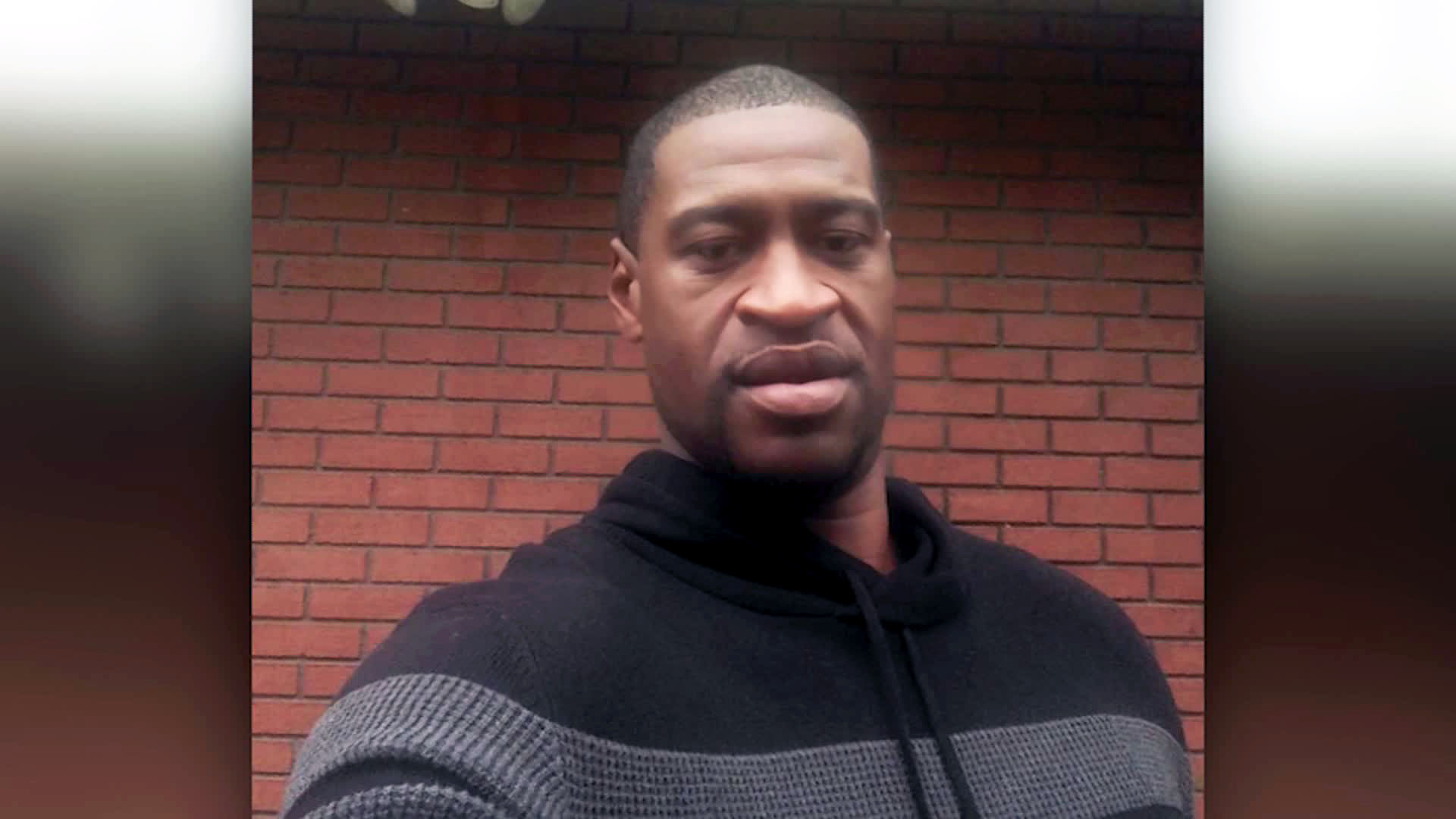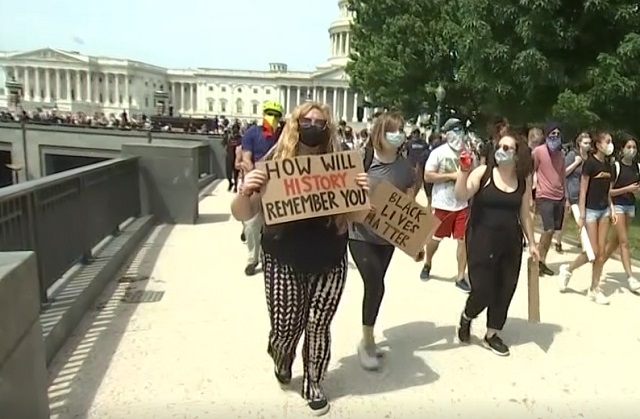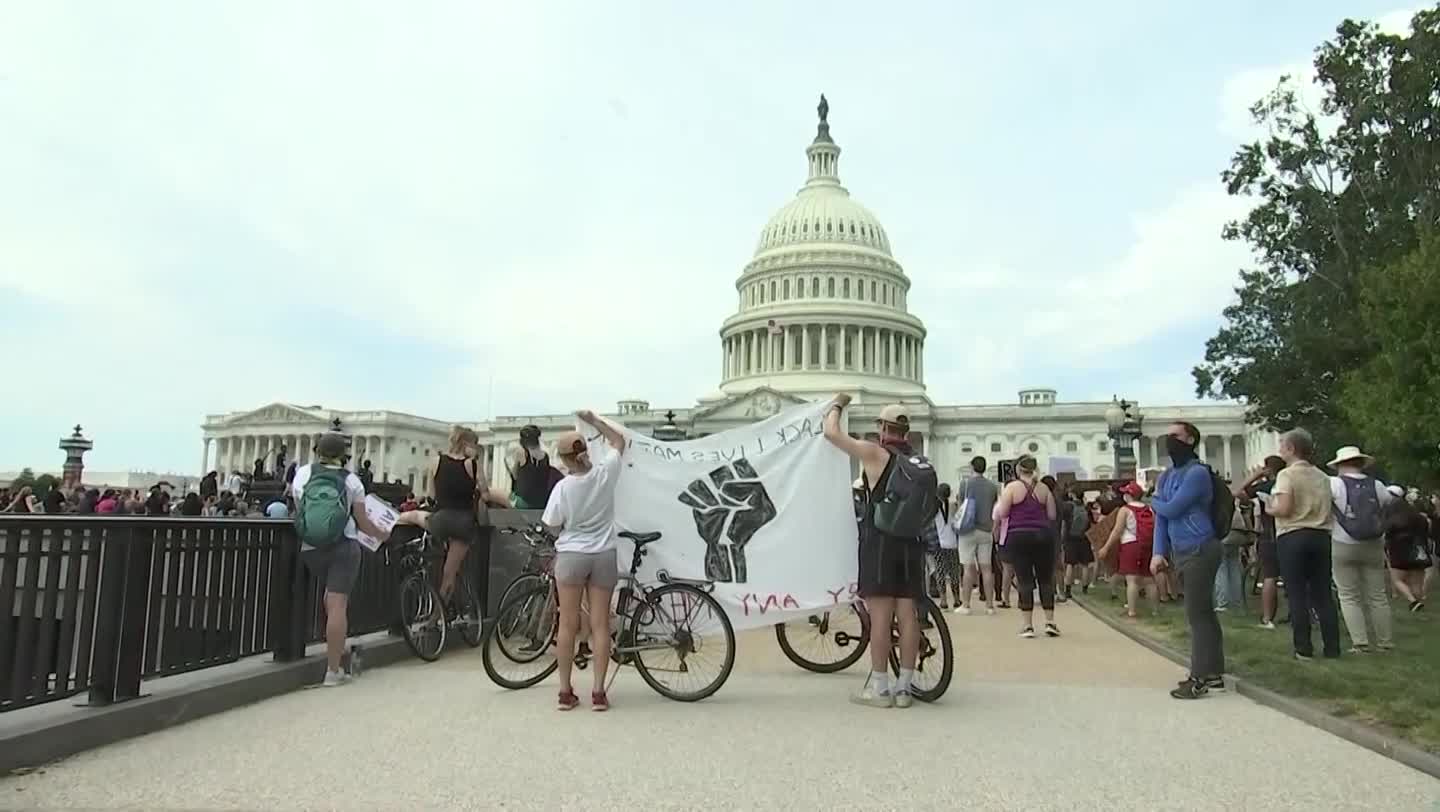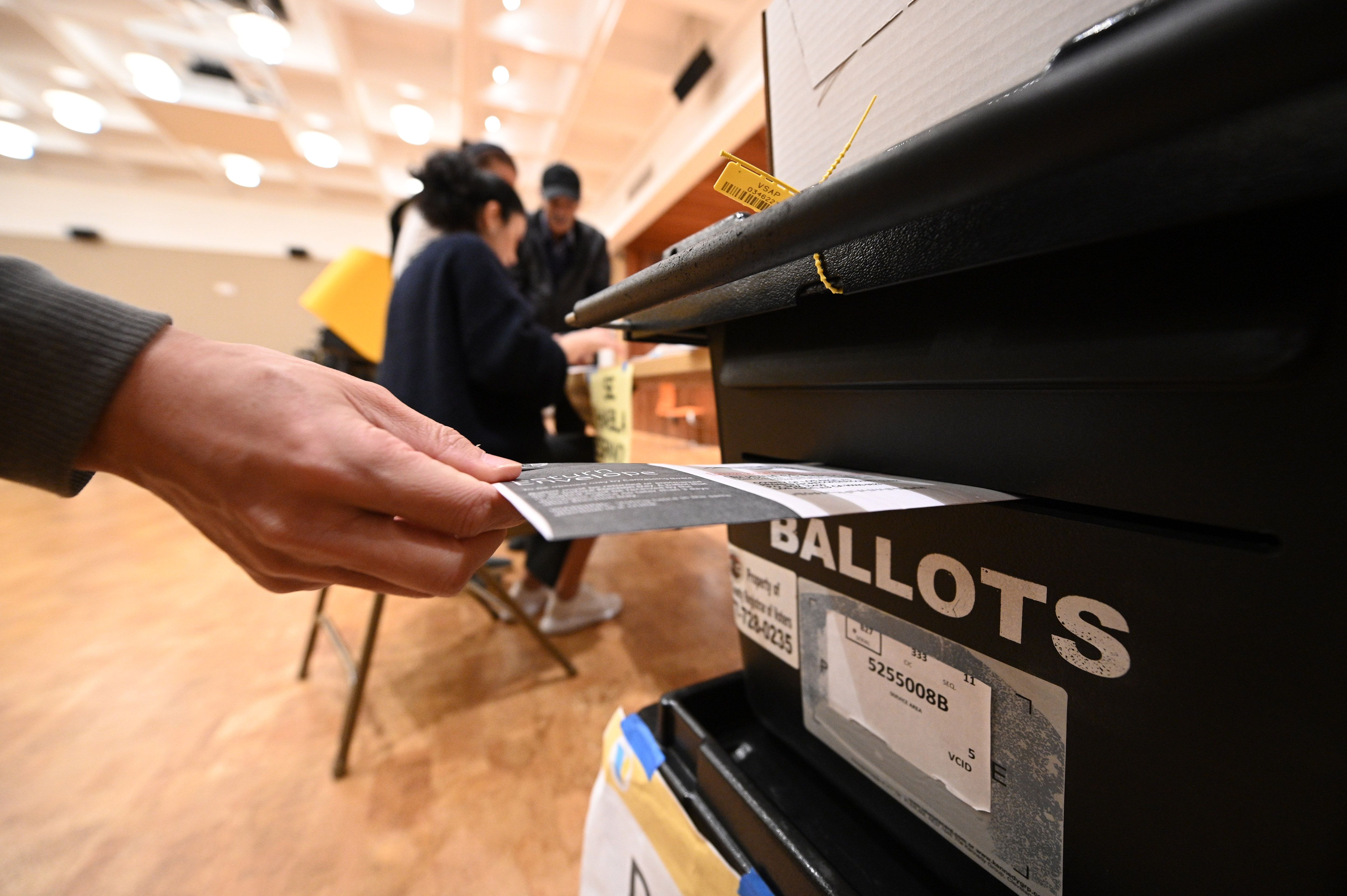OKLAHOMA CITY: Two men suing the state to learn more about the drug that will be used to kill them have another month to live while the state decides how it will execute them.
Clayton Lockett is now scheduled to be put to death April 22 and Charles Warner’s execution is slated for April 29.
Lockett was originally scheduled to die Thursday and Warner was scheduled to be executed on March 27.
Attorneys for the men originally asked the Oklahoma Court of Criminal Appeals to halt the executions in an attempt to keep the men alive while their lawsuit makes its way through civil court.
Tuesday, the Oklahoma Court of Criminal Appeals ruled the mens’ applications are moot because the state does not have two of the three drugs it needs to lethally inject the men.
Monday, the Oklahoma Attorney General’s Office told the court that despite “Herculean” efforts, it does not have, and may not be able to get, two of the three drugs it needs to complete Oklahoma’s lethal injection process.
In a statement, Attorney General Scott Pruitt said, “I am upset that justice is once again delayed for Stephanie Neiman, young Adrianna Waller and their families. This delay is not about the facts of the case, nor does it seek to overturn the convictions of these two murderers. Instead, it’s about outside forces employing threats, intimidation and coercion to keep the State of Oklahoma from imposing the punishment handed down for these heinous crimes. But rest assured, accountability for these murders will occur. It’s not a matter of if these punishments will be carried out, but it is only a matter of when. We owe it to the victims, to their families, and to the juries who imposed these sentences for our criminal justice system to work efficiently, truthfully and without delay.”
There is a worldwide shortage of the drugs available for lethal injection due to controversy surrounding the death penalty.
The pharmacy agreeing to provide the Oklahoma Department of Corrections the drugs it needs backed out last week.
The death-row inmates are suing that state in a civil lawsuit alleging Oklahoma’s law keeping the provider of execution drugs secret may violate their constitutional rights, freeing them of cruel or unusual punishment.
“The Attorney General’s attestations give this Court no confidence that the State will be able to procure the necessary drugs before the scheduled executions are to be carried out,” the Oklahoma Criminal Court of Appeals’ decision read. “Based on this new information, we find the execution dates for the appellants Lockett and Warner must be vacated and reset in order to allow the State of Oklahoma time to procure the necessary execution drugs or to adopt a new execution protocol.”
The men have a hearing in Oklahoma County District Court next Tuesday to hear the merits of their lawsuit.
“We are relieved that the OCCA’s decision allows Mr. Warner and Mr. Lockett
to proceed on their constitutional challenge to Oklahoma’s execution-secrecy law and execution protocol,” said Madeline Cohen, an assistant federal public defender. “We hope that no execution will go forward until we are able to obtain full information about how Oklahoma intends to conduct those executions, including the source of its execution drugs.”
Under the state’s current lethal injection process, it needs pentobarbital, which causes unconsciousness, vecuronium bromide to stop the respondent’s breathing and potassium chloride to stop the heart.
The Department of Corrections notified the Attorney General last Friday that it did not have pentobarbital or vecuronium bromide.
Information that the state is lacking the necessary drugs surfaced in response to stay of execution requests filed by Lockett, and another convicted murderer, Charles Warner.
According to the Department of Justice, Oklahoma is one of eight states that authorizes electrocution as a way of execution and one of two states that can execute using a firing squad.
However, lethal injection must first be ruled unconstitutional, said Jerry Massie, a spokesman for the ODOC.
Controversy surrounding the drugs used in Oklahoma executions surfaced after the January execution of Michael Wilson. He said, “I can feel my whole body burning.“



